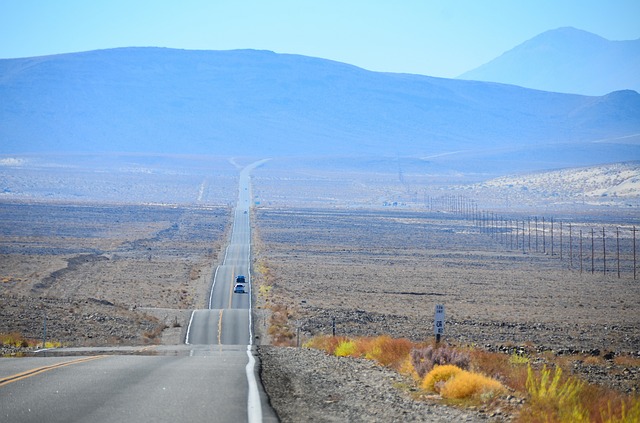Entrepreneurship
The Power of Freedom (Note 26)
I don’t mean freedom in the context of human rights. I’m not even talking about the Bill of Rights here. I’m talking about the concept of freedom in the context of entrepreneurship. Most of us wish to be empowered. Empowerment means having the autonomy to make crucial decisions, and it comes from a build-up of trust, but also from culture. Both take significant time to acquire.
A company with a culture of command and control has difficulty empowering its people. It’s a dictatorship mentality of “the top knows best,” even if they superficially solicit an inclusive voice from their team members. Trust occurs when a significant number of experiences between two parties takes place, and the culmination is favorable. This is close, ironically, to the definition of a company brand. A brand is nothing more than multiple company experiences added up to form the perception of how a consumer feels about that company. Remember when I talked about your personal brand in Note 1 of Notes to My Son? We aim for a high degree of trust to be the makeup of our personal brands.
Hypothetically speaking, let’s say you work in a culture of high trust, but little empowerment. This is an execution culture in which unshackled creative thinkers may have difficulty thriving or even surviving, for that matter. Let’s say you are one of those CTs (creative thinkers) who always seems to have a revolutionary approach to solving problems, but your company is not supportive of “rogue” thinking. After several of these unsupportive occurrences, you hit your tipping point. You think, “If I want the freedom to do something right, I better do it myself.” The entrepreneurial bug bites you, and thus you embark on your self-employment journey.
You both nervously and excitedly tender your resignation to a disapproving boss and hit the yellow brick road. As you drive home, you experience the roller coaster of emotions. You ask yourself at least fifteen times, “Why did I just cut my every-other-week-guaranteed financial umbilical cord? You begin to hyperventilate, so you crack your window for air. At that same moment, an eighteen-wheeler sprays you with fourteen-day-old road mud that refuses to die. You close your window and turn on your AC for some breathable air. That’s when you remember you have a car appointment on Friday to put Freon in your AC unit. A few choice rated-R words flow through your mind, perhaps go south and find refuge outside into the world. And just at that moment, your smart watch alerts you to start breathing. Ah yes . . . breathing is a good thing to remember.
Your conscious begins to focus on each breath to ensure those precious oxygen molecules are making it into your bloodstream. Now that a bit of clarity has returned to your brain, you do what many do to cope with rising stress levels: you find a source of motivation to focus on the big picture. “The path to success is to take massive, determined action,” booms the voice of Tony Robbins. You have all his books on audio just for occasions like this. Now that Tony has given his sage advice, you are off to the races. Your new company will soon move from startup to incubation to acceleration. All you have to do is press the ignition key.
Before you do that, though, let’s understand the most important rule that comes with freedom: you own the repercussions. Good or bad, right or wrong, your decisions are yours and yours alone. There is no big brother to blame. You must look directly into the mirror if you want to point the finger at someone. You will have many sleepless nights and will most certainly end up working longer and harder than you did when you “worked for the man” (or is it just “person” now?). You may deal with frivolous lawsuits of which you must always defend yourself. You own your hires, fires and desires of dealing with top talent. The strategy is yours to forge, and the competitive landscape is unforgiving. You will deal with external factors out of your control, such as economic cycles, trade wars, inflation, weather and rules and regulations that shift with the wind. Lastly, you own your profits . . . or lack thereof.
The price of entrepreneurial freedom is high. It’s one thing to say you can do it better, and another to actually make it happen. I encourage you to seek out whatever opportunity you are passionate about. A difficult road doesn’t mean it’s the wrong road. It just means it may be unpaved and a bit bumpy, but it could still lead you to the destination you seek . . . financial and decision-making independence.

